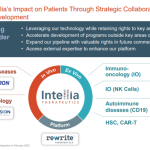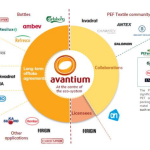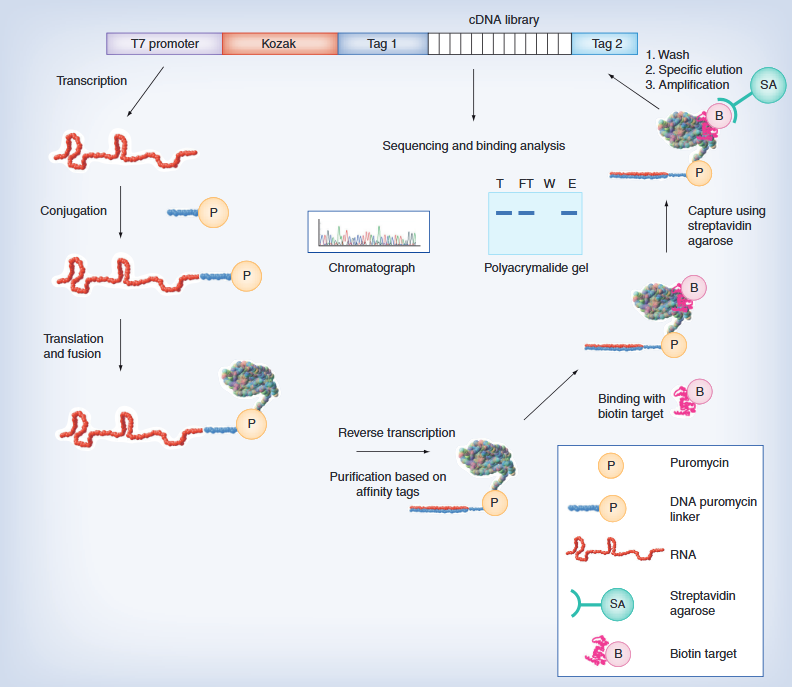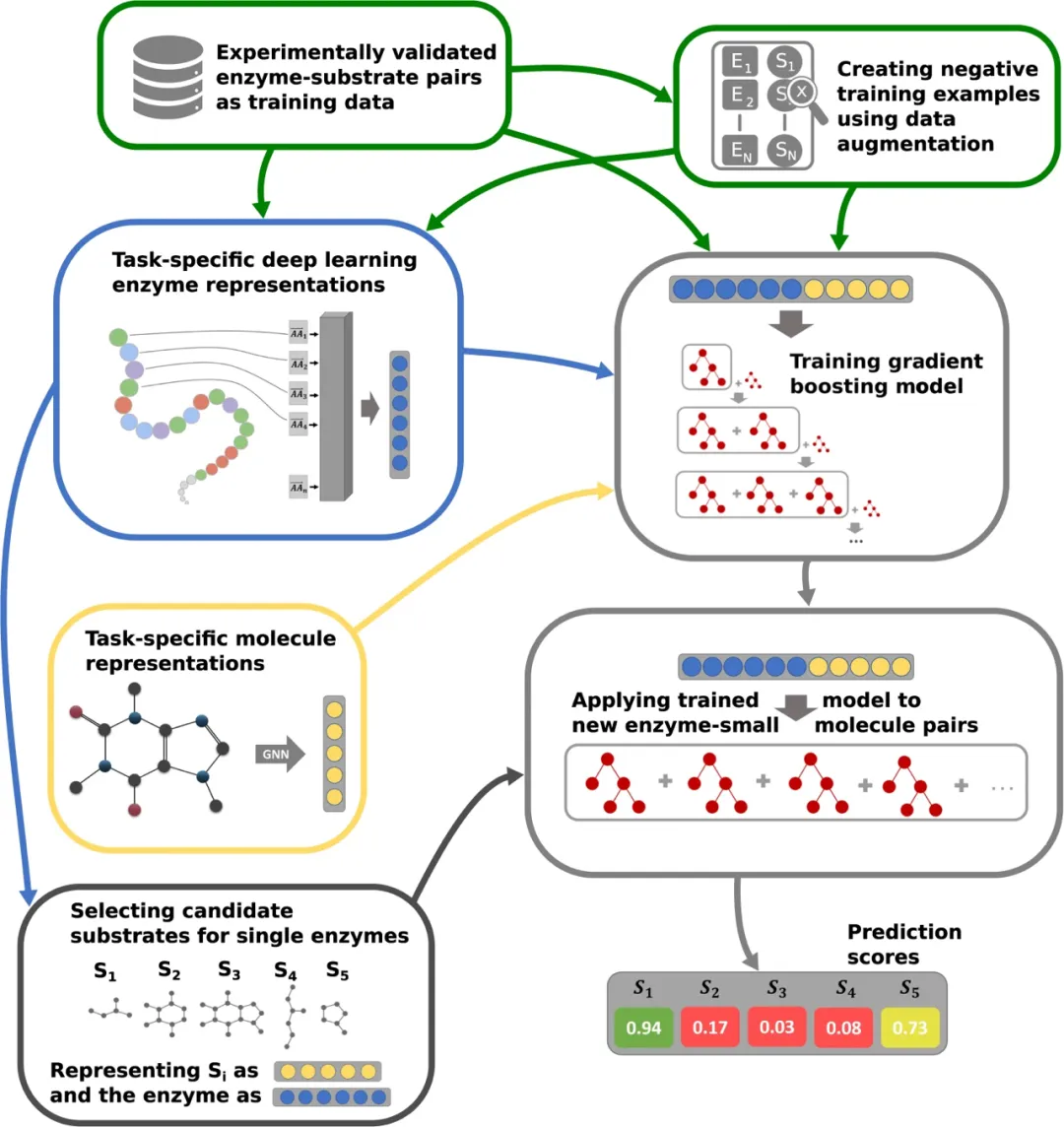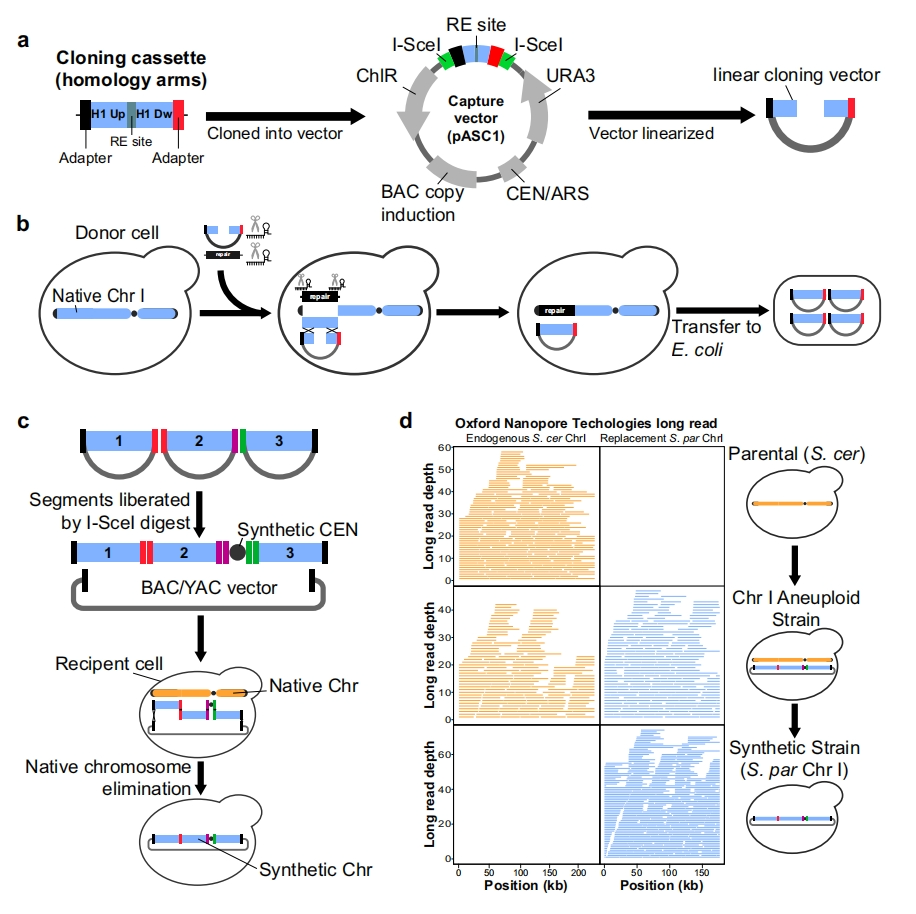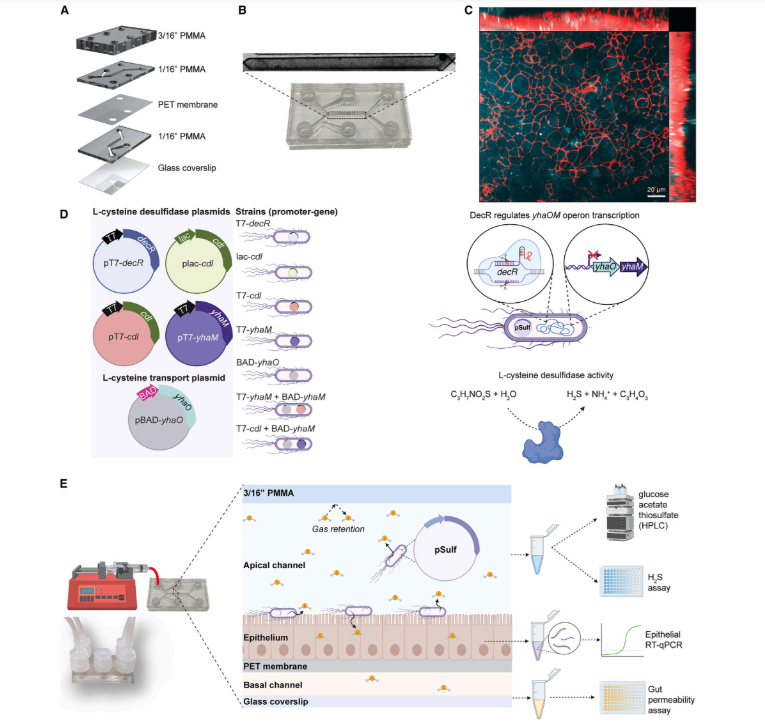Since DeepMind launched AlphaFold, many scientists have used AlphaFold to predict protein structures, and many scientists say that the AI system has greatly helped their scientific work.
But behind the brilliance is a shadow, and some studies have questioned the accuracy of AlphaFold, arguing that some of the predicted proteins are useless. Some scientists have even said that this is one of the reasons why he keeps pouring cold water on the hype that “AlphaFold will revolutionize drug discovery”.
Recently, there have been many discussions about the impact of AlphaFold, and there are many voices of admiration, but there are also endless voices of doubt, as a hot spot in the field of artificial intelligence, AlphaFold can be said to be standing on the cusp.
What can AlphaFold be used for, and what are the doubts about it, let’s start with a recent study.
01 AlphaFold’s predictions were not as good as they could have been
As AlphaFold stood in the spotlight, there was a flood of praise and buzz about it, some of which made sense and some of which didn’t.
Recently, in a paper, the researchers wanted to solve the problem with the help of AlphaFold, but they did not inadvertently discover the defects of AlphaFold, which once again brought it into a wave of doubt.
A team from the Massachusetts Institute of Technology (MIT) studied the protein structure prediction effect of AlphaFold2 in the “reverse docking” method, which was published in Molecular Systems Biology on September 6, 2022 under the title “Benchmarking AlphaFold-enabled molecular docking predictions for antibiotic discovery” (Molecular Systems Biology).

Prior to the advent of AlphaFold, molecular docking methods typically started with candidate compounds, docking each candidate with a protein of interest to find the compounds most likely to bind, and performed a rough sequencing. Now, this method can be done on a protein structure database.
But there is still no guarantee that the AlphaFold will be useful in all cases. Therefore, researchers must go through constant trials to check it. Because there are so many algorithms in these databases, scientists can be caught between two completely different results, but they can’t predict the results of these algorithms in advance.
Therefore, the research team in this paper used the protein structure generated by AlphaFold to explore whether the existing algorithm can accurately predict the interaction between bacterial proteins and antimicrobial compounds, and evaluated the performance of the algorithm, found that the model has a weak predictive ability in identifying true protein-ligand interactions, and demonstrated the need to use machine learning-based modeling methods to improve model performance and make AlphaFold2 better for drug discovery.


Binding affinity prediction of essential protein structures for E. coli as predicted by 218 active compounds, 100 inactive compounds, and 296 AlphaFold2
The authors of the paper note that “our method predicted active and inactive compounds for the trial,” but the accuracy of the predictions was not satisfactory. When the researchers examined the data, they found that the predicted number of strongly binding interactions was essentially the same between the active and inactive compounds, suggesting that this model does not have the ability to consistently identify true interactions between existing drugs and their targets.
02 AlphaFold still has a long way to go
When the new star AlphaFold walked the tide of controversy, scientists also gave their opinions to the point.
On September 12, 2022, Dere·k Lowe, Ph.D. in organic chemistry at Duke University, published an article in Science magazine titled: Not AlphaFold’s Fault, saying that “even though AlphaFold is already improving, there is still a long way to go to truly accurately predict protein structure.”
Derek points out that even though the addition of machine learning methods can improve the accuracy of AlphaFold, it is not entirely successful, as only a subset of machine learning algorithms achieve the goal of improving accuracy, and they are still not as well optimized.
Even though AlphaFold may provide researchers with reasonable protein structures, scientists need to focus on whether these protein structures are actually useful.
“That’s one of the reasons why I keep pouring cold water on the hype that AlphaFold is going to revolutionize drug development.” If you think about a few months ago, most of the people who were talking about ‘revolution is coming’ didn’t know what AlphaFold’s predictions were. ”
In addition, David Baker, a biochemist at ·Seattle University of Washington (UW), has also said that in an experiment in which his team used artificial intelligence, none of the 150 proteins obtained by artificial intelligence worked, “They didn’t fold at all, they just formed mucus at the bottom of the test tube.” ”
Although AlphaFold’s prediction accuracy is currently low, it has been improving over the years, so there is still a long way to go for AlphaFold. At the same time, we have no reason to think that AlphaFold’s approach will not work, just that the current level of software and hardware may not be able to support our needs. The accuracy of AlphaFold’s predictions remains to be examined, but its application has brought great changes to research in many areas of life sciences.
“The way we design proteins has changed since AlphaFold,” said Noelia Ferruz, a computational biologist at the University of Girona in Spain, “and we’re witnessing very exciting times.” ”
Overall, the current controversy about AlphaFold still exists, and we can’t deny the innovation it brings, but we can’t ignore its drawbacks.
As for what AlphaFold will eventually become and what it can bring to scientific research, perhaps time will tell.






